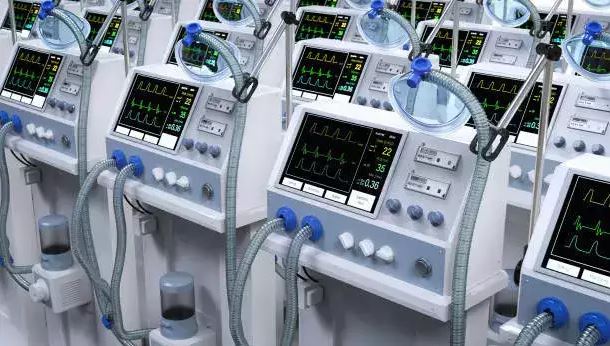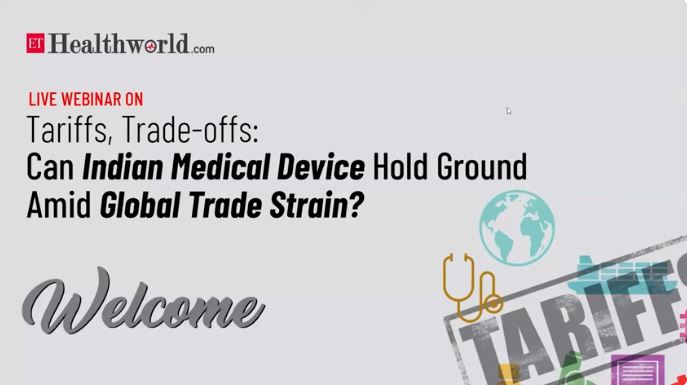PavanChoudary, Director General, MTaI says, “We are disappointed that some points on which the Health Ministry had agreed to are not reflected in the draft rules. We are optimistic that continuing in the inclusive & consultative tone set by the ministry these points, particularly those pertaining to respecting globally accepted Shelf life & labelling norms will be accepted in the interest of uninterrupted supply of critical care devices to the Indian patients.”
MTaI believes that there should not be any such restrictions for medical devices, as it is an extension of a drug requirement which has been imposed on medical devices.
The shelf life for certain products under medical devices should be as per global norms followed today. For example, most orthopedic implants have a shelf life of 10 years which is accepted by every country in the world supported by bio-material evidence. Hence, it does not make any sense in India to club every medical device including orthopedic implants under a five year shelf life.
Also, implementation of UDI (Unique Device Identifier) on medical devices is happening in a stage-wise process in both the US and EU as per the classification of the device. Hence, asking every medical device to have a UDI from 2017 in India is not feasible as the companies will not be in a position to do so only for India.
Through the gazette notification 690E in 2014, all medical devices were allowed to label manufacturing date and physical manufacturer’s address prior to distribution in India. However, the new draft bill now suggests that the manufacturing date and physical manufacturer’s address has to be added at the time of manufacturing which is very unique and not done anywhere else in the world.
It is very clear that the above three points are absolutely unique to India and very contrary to what is followed as a standard in every part of the world. In a country where medical devices as an industry is in its infancy stage and the consumption in India is less than 2% of the total world’s consumption and where affordability and access are primary needs to cater to healthcare of millions of patients in India, the rules should be prepared for ease of access of medical devices by patients and not make it difficult.




